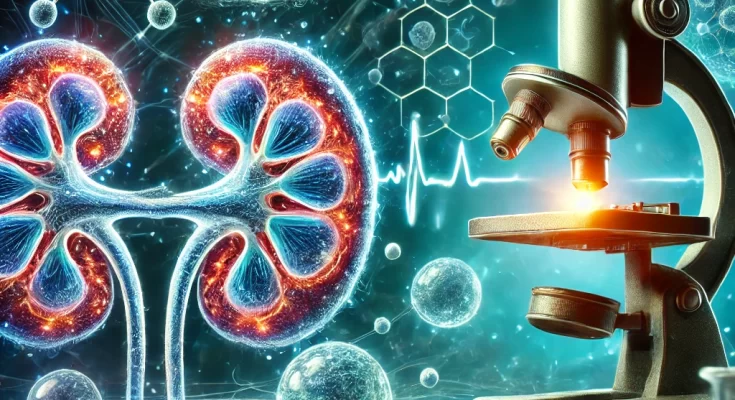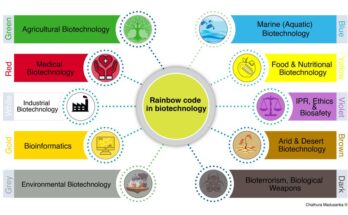Article by – Nethmini Egodagedara

Fig – Human embryonic kidney cells. (Source – Science News)
Memory has always been considered the domain of neurons, specialized brain cells responsible for storing and recalling information. However, recent research has uncovered an unexpected ability in kidney cells: they too can “remember” in a molecular sense. This unbelievable discovery was published in Nature Communications by redefining how we think about the storage of biological information.
The Molecular Machinery of Memory is CREB, a protein well-known for its role in memory formation within neurons. This is the heart of this phenomenon. CREB activates genes that enable neurons to store information over time. Remarkably, the researchers found that kidney cells use CREB in a similar way, but they are nonneuronal cells. Researchers introduced a synthetic “memory gene” into human embryonic kidney cells. It was specially designed to glow like a firefly when activated by CREB, allowing researchers to observe how the cells responded to signals. The results were amazing with kidney cells processing chemical signals in patterns resembling those used by neurons to build memory. The “Massed-Spaced Effect” Outside the Brain isa well-known feature of memory formation in neurons. When kidney cells were exposed to shorter, spaced-out chemical pulses, their response was significantly stronger than when exposed to a single long pulse. This observation challenges the long-held belief that such mechanisms are unique to the brain.
This discovery is not just a scientific curiosity, it could have diverse valuable real-world applications. Researchers speculate that understanding how nonneuronal cells “remember” could lead to breakthroughs in treating diseases. For instance, cancer cells might learn from chemotherapy patterns, which means treatment strategies could be improved by focusing not just on dosage but also on timing. Moreover, the study opens a broader perspective on how cells communicate, adapt and store information with potential implications for drug design and personalized medicine.
From the lab bench to potential clinical applications, this research expands our understanding of memory and its surprising role in the body. Kidney cells may not help you recall your childhood, but their ability to store and respond to information is a marvelous creation of nature expressing the hidden capabilities of our biology.





